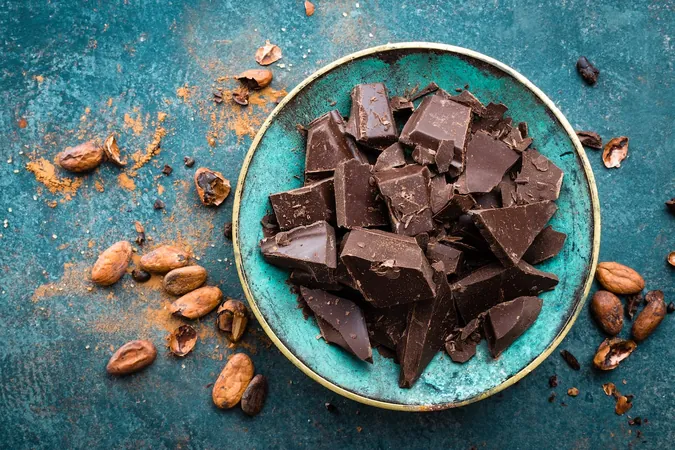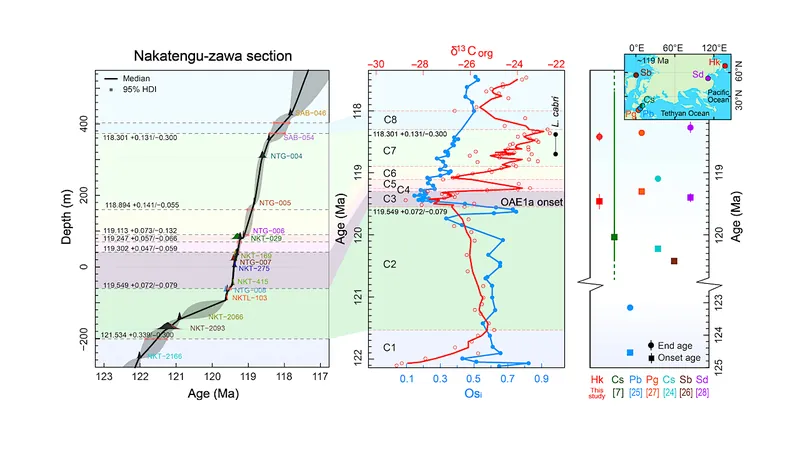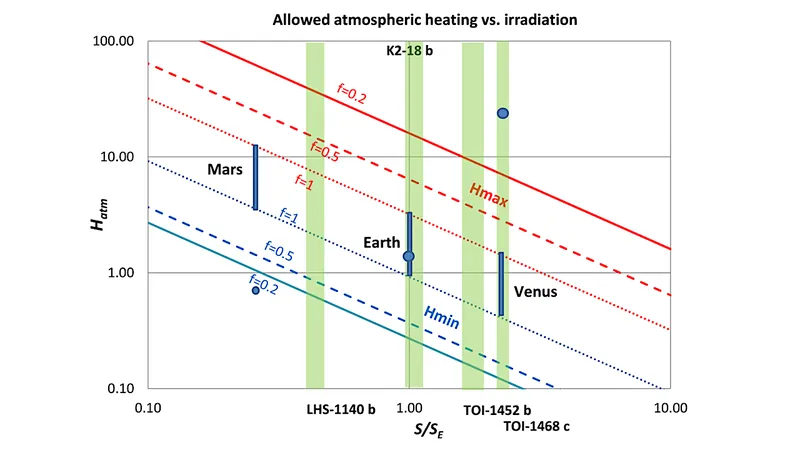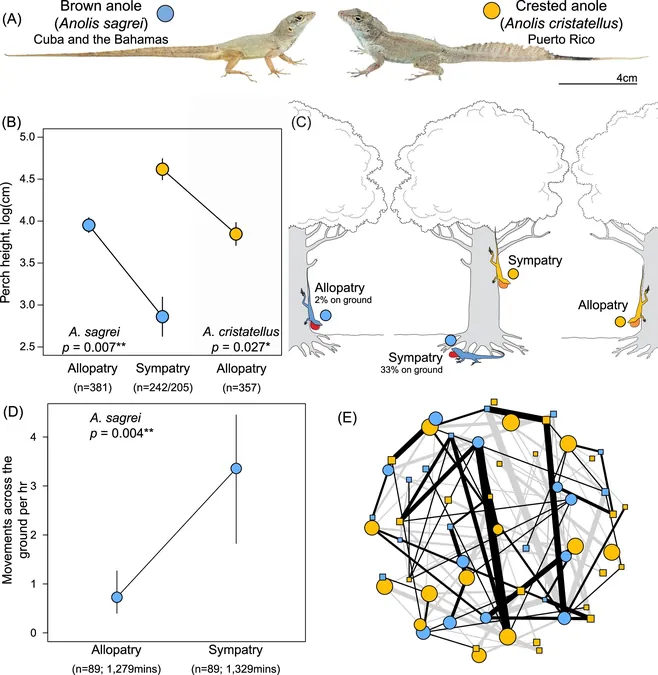
Can Chocolate Be Your Sweet Ally Against Type 2 Diabetes? New Harvard Research Says Yes!
2024-12-16
Author: Nur
The Sweet Findings
Published in the renowned journal BMJ, this groundbreaking study delves into the relationship between chocolate consumption—specifically dark and milk chocolate—and the risk of Type 2 diabetes. Researchers analyzed data from three extensive observational studies, which began in the mid-1970s and 1980s, involving 192,208 health professionals over a staggering 30-year period.
During the study, they kept track of participants' diets every four years, focusing on chocolate consumption along with other lifestyle factors such as body weight, physical activity, and family history of diabetes. The results were telling: 18,862 participants developed Type 2 diabetes by the end of the follow-up period.
Those who indulged in at least five one-ounce servings of chocolate weekly had a 10% reduced risk of developing Type 2 diabetes compared to those who rarely partook. More impressively, participants who leaned heavily on dark chocolate were found to have a staggering 21% lower risk of diabetes compared to their lighter chocolate-eating counterparts.
Dark vs. Milk Chocolate: The Real Deal
Researchers noted that while dark chocolate showed these promising health benefits, milk chocolate did not yield the same results. The total chocolate intake appeared to correlate with diabetes risk reduction, but only dark chocolate made a significant impact on health outcomes.
The study's observational nature means that while it suggests an association, it does not definitively prove cause and effect. Experts stress that randomized controlled trials are necessary to confirm these findings.
The Secrets of Dark Chocolate
So, what makes dark chocolate a potential defender against Type 2 diabetes? The answer lies in its rich composition of flavanols, powerful phytochemicals found in cocoa beans. These compounds not only exhibit antioxidant and anti-inflammatory properties, but they may also help safeguard insulin-producing cells in the pancreas.
Interestingly, flavanols are known to relax blood vessels. A small clinical study indicated that these compounds could lower blood pressure and enhance insulin sensitivity, notably in individuals classified as prediabetic. With 50 to 90% cocoa content, dark chocolate typically contains the highest amount of flavanols compared to milk chocolate, which contains about 35% cocoa and significantly less flavanol content. White chocolate, which lacks cocoa beans entirely, offers no flavanols.
Moreover, the sugar content in milk chocolate could overshadow any potential benefits. While an ounce of milk chocolate harbors about 15 grams of sugar (nearly four teaspoons), a similar serving of 70% dark chocolate contains only 9 grams. For those who opt for even darker varieties, like 85% cocoa, the sugar drops to a mere 4 grams per ounce.
Smart Indulgence Strategies
If you're a fan of dark chocolate, enjoy it mindfully as part of a balanced diet. A reasonable one-ounce portion is adequate to reap its health benefits. However, it's important not to rely solely on chocolate for diabetes prevention.
Lifestyle Changes Matter
To effectively lower your risk of Type 2 diabetes, focus on concrete lifestyle changes backed by research evidence. A modest weight loss of 5 to 7% accompanied by regular exercise—approximately 150 minutes of brisk walking weekly—can significantly reduce diabetes risk for overweight individuals or those with prediabetes.
Additionally, re-evaluating your diet can make a tremendous difference. Limit your intake of refined grains and processed meats, and instead opt for whole grains while avoiding sugary beverages.
Conclusion: Enjoy Responsibly
This positive news about dark chocolate shouldn't prompt you to indulge indiscriminately. Remember, moderation is key. Embrace dark chocolate as a delightful addition to a healthy diet while you make informed choices to safeguard your health. Celebrate the season not just with sweet treats, but with the knowledge that your choices can lead to a healthier, happier future!



 Brasil (PT)
Brasil (PT)
 Canada (EN)
Canada (EN)
 Chile (ES)
Chile (ES)
 España (ES)
España (ES)
 France (FR)
France (FR)
 Hong Kong (EN)
Hong Kong (EN)
 Italia (IT)
Italia (IT)
 日本 (JA)
日本 (JA)
 Magyarország (HU)
Magyarország (HU)
 Norge (NO)
Norge (NO)
 Polska (PL)
Polska (PL)
 Schweiz (DE)
Schweiz (DE)
 Singapore (EN)
Singapore (EN)
 Sverige (SV)
Sverige (SV)
 Suomi (FI)
Suomi (FI)
 Türkiye (TR)
Türkiye (TR)